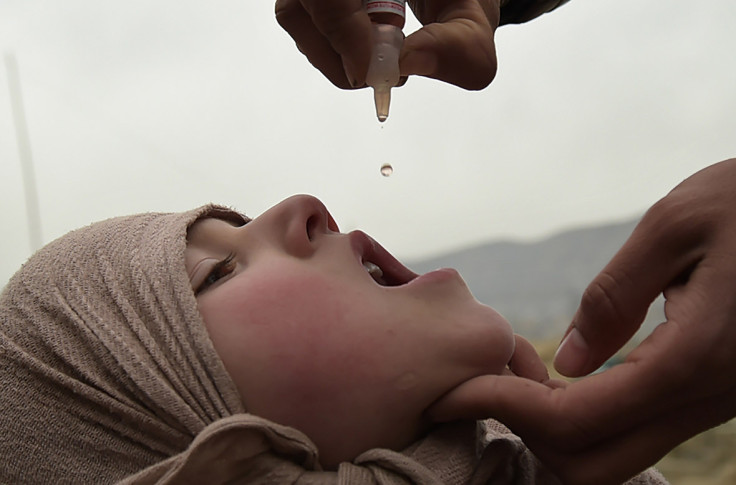Why is Italy making these 12 vaccinations compulsory for children?
Italian PM Paolo Gentiloni has blamed a decrease in vaccinations in part on a 'spread of anti-scientific theories'.
The Italian government has made at least 12 vaccinations mandatory for children before they can enrol for state-run schools.
The development comes as the country witnesses a sudden decrease in children getting vaccinations in recent years. Italy has also seen a sudden spread of measles in past years, with the number of infections rising from 250 in 2015 to 840 in 2016.
The twelve conditions for which children need to be vaccinated are – polio, diphtheria, tetanus, hepatitis B, haemophilus influenzae B, meningitis B, meningitis C, measles, mumps, rubella, whooping cough and chickenpox.
"We are sending a very strong message to the public," Health Minister Beatrice Lorenzin said. The government has ordered that if parents failed to immune their children against these preventable diseases and found sending them to state childcare facilities or schools, they would face large fines.
"The lack of appropriate measures over the years and the spread of anti-scientific theories, especially in recent months, have brought about a reduction in protection," Prime Minister Paolo Gentiloni said during a news conference in Rome.
Prime Minister Gentiloni has blamed a decrease in immunisations in part on a "spread of anti-scientific theories".
Medical experts have held responsible a loose group of campaigners against vaccinations, who have started an 'anti-vax' movement. The movement has misled people by citing supposed risks, including autism, due to the immunisations.

A long-discredited paper by Andrew Wakefield was also believed to be behind the fall of vaccinations.
Wakefield, a former British gastroenterologist and medical researcher, was removed from the UK medical register for his deceptive 1998 research paper and false claims.
He had earlier made the claim that there was a link between the measles, mumps and rubella vaccine (MMR) and autism and bowel disease in children. His claim was based on an experiment done on only 12 kids, the BBC reported
© Copyright IBTimes 2025. All rights reserved.





















